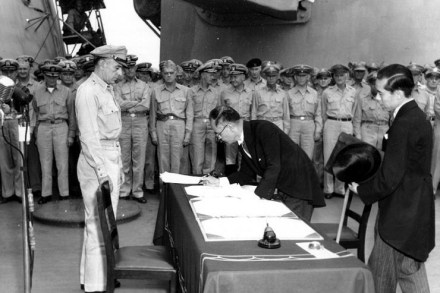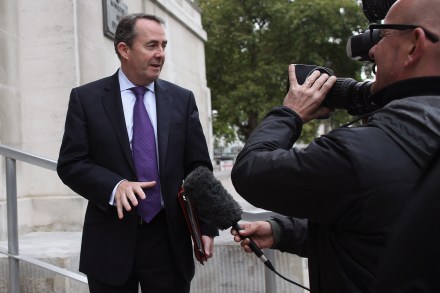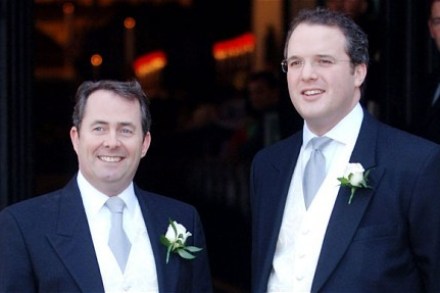Come Fly the Expensive Skies
Meanwhile, in other defence news Winslow Wheeler says it is time for the cousins to give up on the F-35 Joint Strike Fighter. It is, as everyone knows, a troubled plane. Quite expensive too: The F-35 will actually cost multiples of the $395.7 billion cited above. That is the current estimate only to acquire it, not the full life-cycle cost to operate it. The current appraisal for operations and support is $1.1 trillion — making for a grand total of $1.5 trillion, or more than the annual GDP of Spain. And that estimate is wildly optimistic: It assumes the F-35 will only be 42 percent more expensive to operate than


























